Publications
Articles, publications, books, tools and multimedia features from the U.S. Institute of Peace provide the latest news, analysis, research findings, practitioner guides and reports, all related to the conflict zones and issues that are at the center of the Institute’s work to prevent and reduce violent conflict.
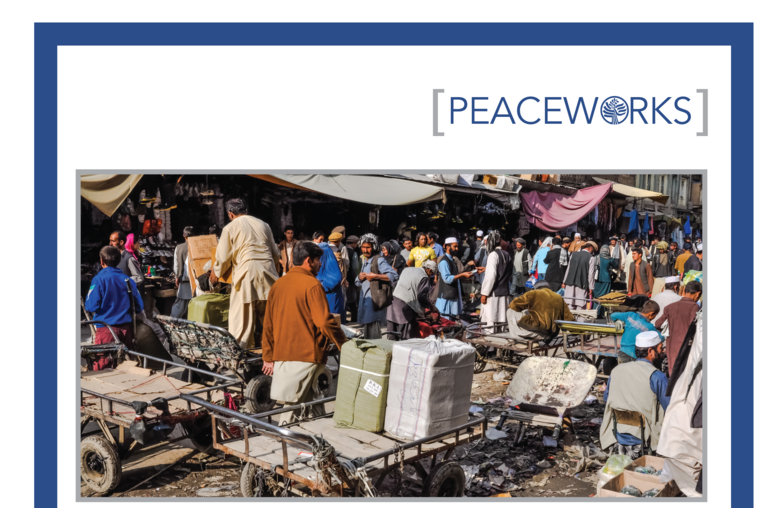
Kabul and the Challenge of Dwindling Foreign Aid
This report offers a comprehensive look at the capital city of Kabul and its unique role in Afghanistan’s transition away from more than a decade of foreign occupation and violence. Social tensions are simmering just under the surface in the capital, even more so than in other Afghan cities, and have the potential to foment serious unrest.
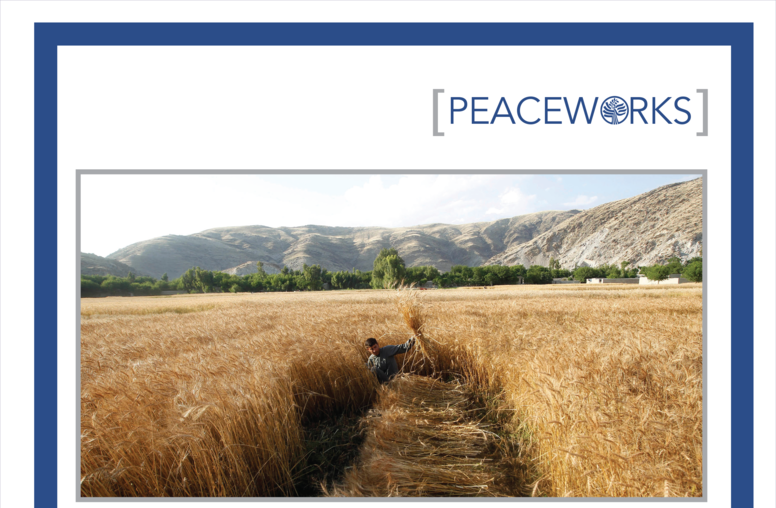
Community-Based Development in Rural Afghanistan
Derived primarily from the author’s field research and experience, this report focuses on community-based programs and interventions in rural Afghanistan. Fundamental assumptions that underlie these interventions, however, are flawed. With an eye to worldwide relevance, the report analyzes these assumptions and suggests ways to better understand the realities of rural Afghan society so that the government in Kabul can more effectively implement programs in rural areas, engage rural participation, deliver needed services to that population, and administer the country more generally.
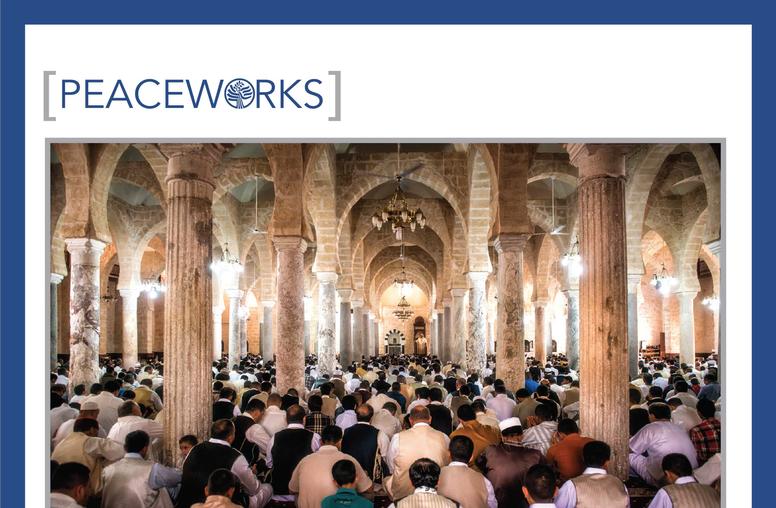
Libya’s Religious Sector and Peacebuilding Efforts (Arabic)
التقرير الماثل هو عصارة استبيانين أُجْرِيا في ليبيا خلال عامي 2014 و2016. والغاية منه سَبْرُ أغوار القطاع الديني في ليبيا ورصد تأثيره في الحكم والمجتمع. وقد استندت عملية استخلاص نتائج هذا التقرير إلى الجهود البحثية التي أجراها فريق من الباحثين المحليين الخبراء بالشأن الليبي. وترسم هذه النتائج خريطة لأهم التوجهات الدينية والمؤسسات الدينية والجهات الدينية الفاعلة في ليبيا، وترصد منظور الليبيين لمساهمة القطاع الديني في بناء السلام وتعزيز العدالة والديمقراطية.
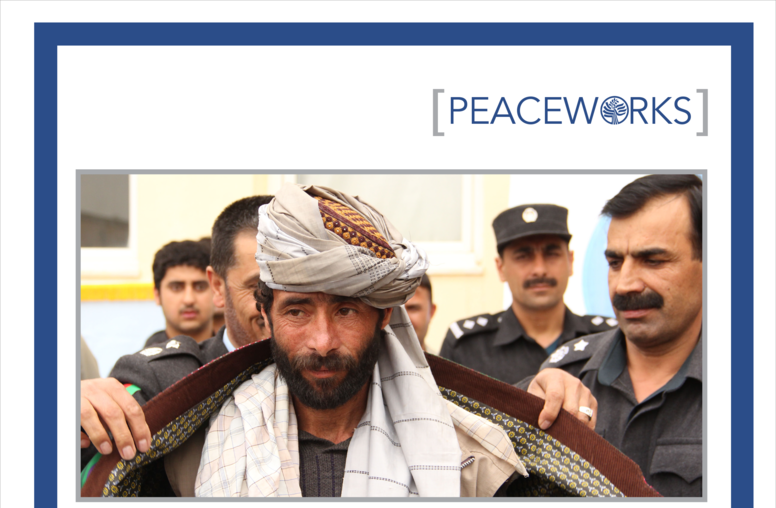
A Negotiated End to the Afghan Conflict
Despite widespread recognition that the only way toward ending the Taliban insurgency in Afghanistan is a negotiated settlement, understanding of the Taliban’s thinking on the subject is remarkably scant. This report attempts to fill this gap by drawing on face-to-face interviews with Taliban foot soldiers, field commanders, and supporters to better understand the movement’s views on why they are fighting, what issues are negotiable, whether they have faith in negotiation as a way to peace, and what a peace process might look like.
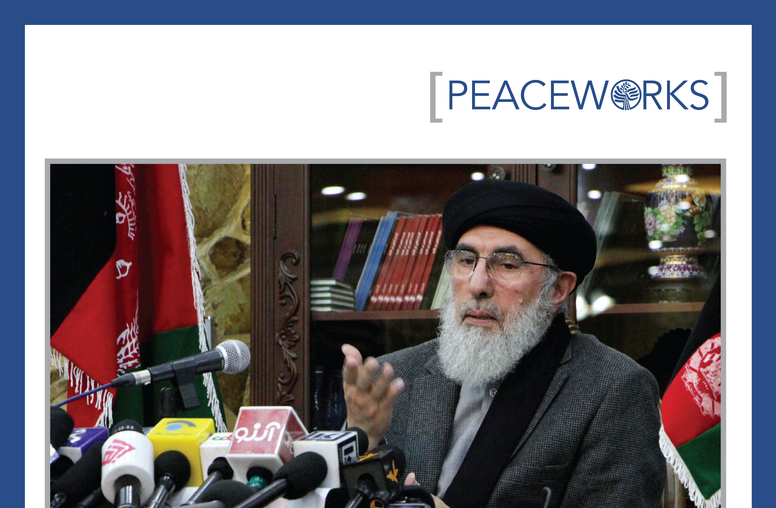
Hezb-e Islami, Peace, and Integration into the Afghan Security Forces
With an eye to an eventual end to the Afghan insurgency, this report examines the struggle within Afghanistan’s National Unity Government over the country’s security sector and the related impact on the recruitment of Hezb-e Islami commanders and fighters in the security forces as agreed to under a 2016 peace deal.
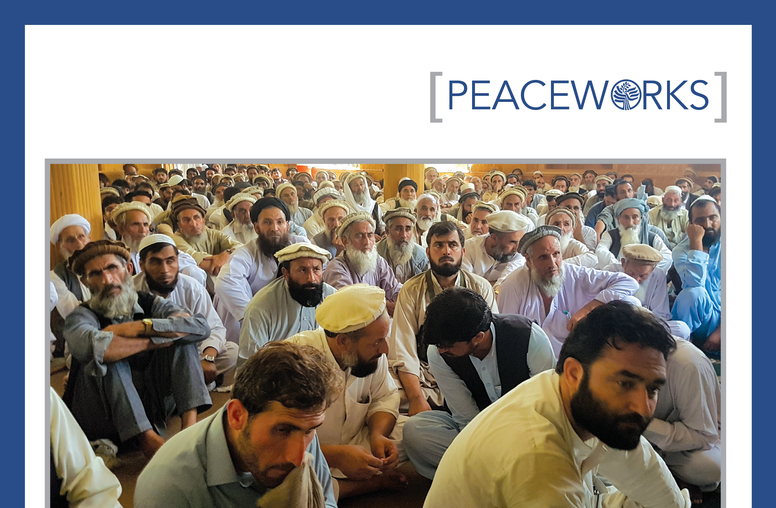
The Political Deal with Hezb-e Islami
The deal signed with Hezb-e Islami in September 2016 was the Afghanistan government’s first major success at negotiating a peace agreement with an insurgent group. This new report examines how the deal was negotiated, what progress has been made on its implementation, and what lessons can be applied to prospective peace talks with the Taliban.
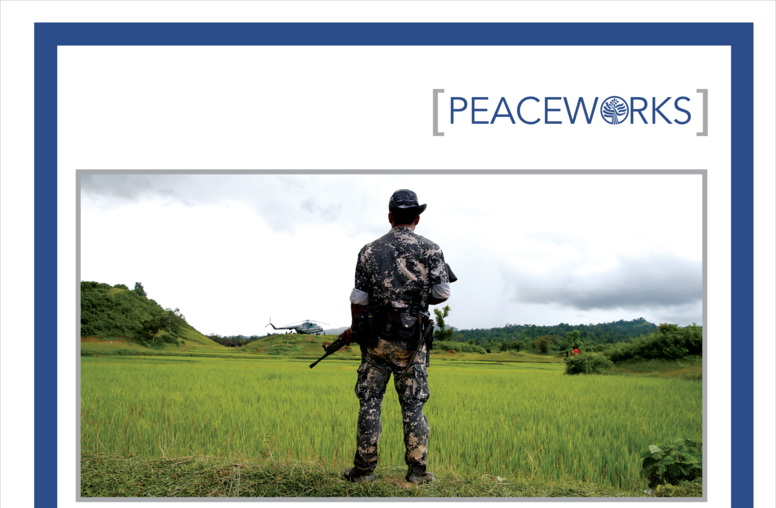
Myanmar’s Armed Forces and the Rohingya Crisis
In 2016 and 2017, in response to small attacks by the Arakan Rohingya Salvation Army, Myanmar’s armed forces launched “area clearance operations” against the Rohingya minority in Rakhine State—a response the U.S. government has called ethnic cleansing. This report explores the structure, training, and ethos of Myanmar’s armed forces...
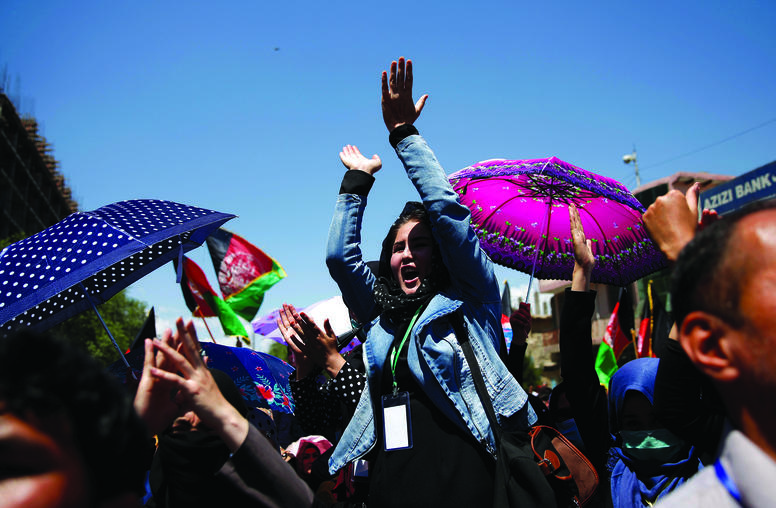
Youth Protest Movements in Afghanistan
The youth-led protest movements that emerged after the 2014 Afghan presidential election added a new dynamic to Afghan politics. Motivated primarily by widespread perceptions of injustice, exclusion and marginalization from governmental policymaking, and rapidly deteriorating...
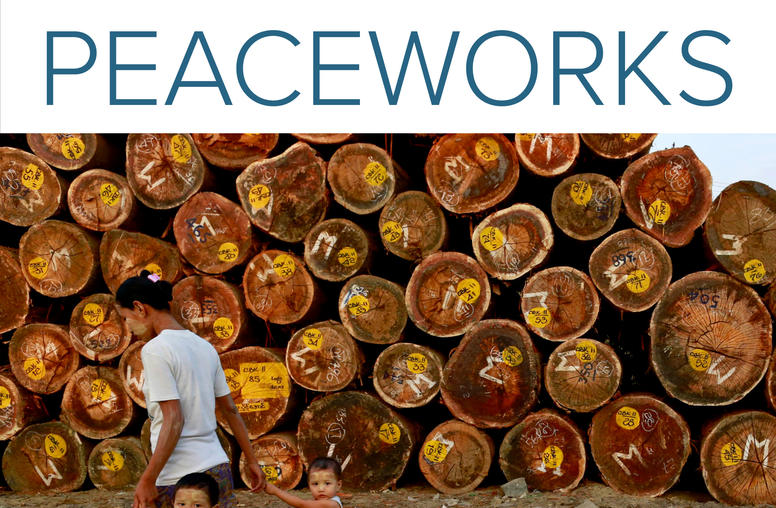
The Conflict Resource Economy and Pathways to Peace in Burma
Burma’s natural resource economy is inextricably tied to the ongoing armed conflict within the country. Questions of who has what ownership rights over what resources and how these resources can be more equitably shared with the wider population loom large. This report focuses on Burma’s resource-rich ethnic states and territories near the borders with China and Thailand and suggests that a more robust, accountable, and equitable system for managing the country’s resource wealth can help lay down the pathways to peace.
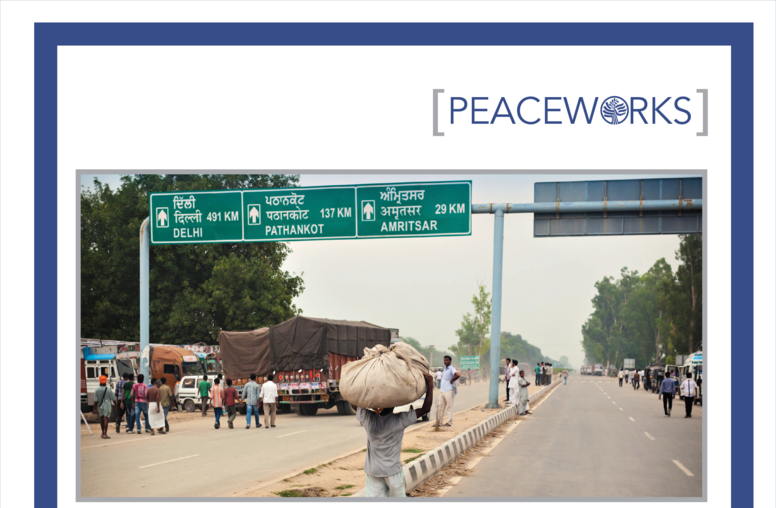
Misperceptions About India-Pakistan Trade
Larger political issues between India and Pakistan—from border conflicts to mutual government mistrust to long-standing rivalry—have been the main driver for the limited trade and economic cooperation between the two countries. This report, however, makes the case that working within existing protocols to enhance existing trade and cooperation, rather than addressing the more obvious and chronic political issues, is necessary to peacebuilding in the region.